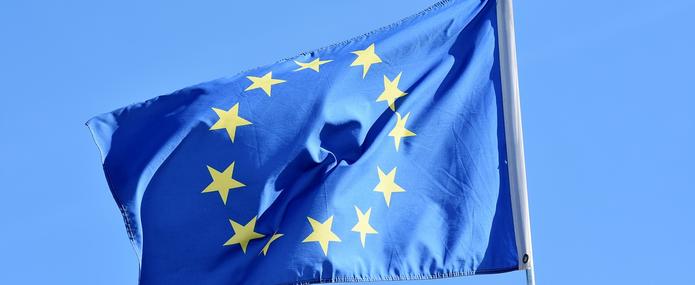Without a real debate on the European project, it is to be feared that the campaign for the election of the new Parliament in May 2019 will be limited to binary questions such as “for or against” or “more or less” Europe, or that it will focus on issues of migration, security and defence. This would fall short not only of the ambitions that prevailed during the European construction, but also of the challenges facing it, which are very different today from those of 60 years ago.
While the European Union was founded to foster peace, economic growth and the consolidation of democracy in Europe, the reality of the challenges has radically changed: social inequalities continue to increase,[1] regional disparities persist, youth unemployment in the southern Member States is alarming, globalisation and multilateralism are being called into question, global environmental degradation has become a key issue, and the potential scale of migration is a major concern for the Member States. At the same time, Europe needs to renew its productive models in order to develop its capacity to innovate and to make a transition towards sectors of the future, such as renewable energy and low-carbon transport.
All of these elements, and many others, need to be understood, reflected on and discussed in order to influence and enhance the European project for the coming decades, which the Parliament elected in 2019, along with the Council and the Commission, will need to initiate. It is in this context that IDDRI is organising a conference on Wednesday 26 September with PSIA at SciencesPo, involving two round tables of high-level decision-makers and experts from many different backgrounds to discuss the European project, within the framework of the Citizens’ Consultations on Europe.
Because Europe must be built on what unites us, we will ask them in particular whether Europe can contribute to renewing globalisation, in other words to developing and implementing domestically and projecting internationally the conditions for a regulated form of globalisation, one that helps to reduce inequalities and to build solidarity, while taking account of planetary boundaries. A form of globalisation compatible with the shared vision of the future for 2030 to which all states, beginning with the European Union and its Member States, committed in 2015, through the adoption of the Sustainable Development Goals.
IDDRI produces proposals to this effect in many areas:
- renewing the EU agri-food model and reducing imported deforestation,
- the governance and coordinated implementation of the energy transition,
- the orientation of trade agreements,
- and the construction of a European budget for sustainable development.
In such a debate, IDDRI does not work alone, but rather in alliance with think tanks from other Member States. Thus, after the conference in Paris this week, we will see you again in Brussels on 17 and 18 October for two events at the Parliament, one with Think 2030 on implementing the SDGs in Europe, and the other with the European Think Tanks Group on the future of EU international cooperation.
[1] As shown again in the latest Eurostat report: Sustainable development in the European Union



